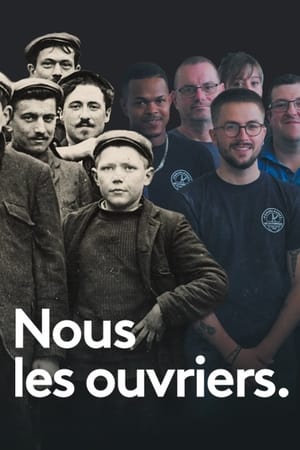

Common Cause: The Story of the Operation Solidarity Coalition(1984)
“Everything was trembling on the edge of just a major transformation.”
A documentary telling the story of the 1983 Solidarity strike in “British Columbia,” a key point in the introduction of neoliberal economic policy in the province.
Movie: Common Cause: The Story of the Operation Solidarity Coalition

Common Cause: The Story of the Operation Solidarity Coalition
HomePage
Overview
A documentary telling the story of the 1983 Solidarity strike in “British Columbia,” a key point in the introduction of neoliberal economic policy in the province.
Release Date
1984-01-02
Average
0
Rating:
0.0 startsTagline
“Everything was trembling on the edge of just a major transformation.”
Genres
Languages:
EnglishKeywords
Similar Movies
Behind The Swoosh(en)
Have you ever wondered what it is like to live on a Nike sweatshop wage? Watch the award-winning short film, Behind the Swoosh, and see Jim Keady and Leslie Kretzu attempt to survive on a Nike worker’s wage in the industrial slums of Indonesia.
Beyond Ratings(hi)
Three women share their experience of navigating the app-world in the metro city. The sharings reveal gendered battles as platform workers and the tiresome reality of gig-workers' identities against the absent bosses, masked behind their apps. Filmed in the streets of New Delhi, the protagonists share about their door-to-door gigs, the surveillance at their workplaces and the absence of accountability in the urban landscape.
 7.5
7.5Harlan County U.S.A.(en)
This film documents the coal miners' strike against the Brookside Mine of the Eastover Mining Company in Harlan County, Kentucky in June, 1973. Eastovers refusal to sign a contract (when the miners joined with the United Mine Workers of America) led to the strike, which lasted more than a year and included violent battles between gun-toting company thugs/scabs and the picketing miners and their supportive women-folk. Director Barbara Kopple puts the strike into perspective by giving us some background on the historical plight of the miners and some history of the UMWA. Preserved by the Academy Film Archive in partnership with New York Women in Film & Television in 2004.
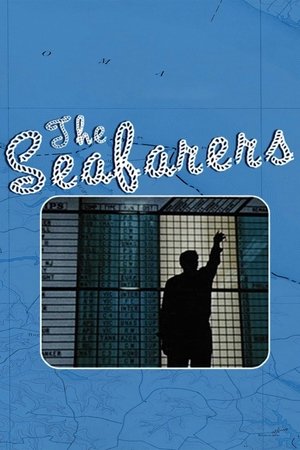 4.5
4.5The Seafarers(en)
Members of the American Federation of Labor, the Atlantic & Gulf Coast District of the Seafarers International Union commissioned budding filmmaker and magazine photographer Stanley Kubrick to direct this half-hour documentary. The director's first film in color, it is more of an industrial film than a documentary, it served as a promotional tool to recruit sailors to the union.
The Finland Phenomenon(en)
Finland’s education system has consistently ranked among the best in the world for more than a decade. The puzzle is, why Finland? Documentary filmmaker, Bob Compton, along with Harvard researcher, Dr. Tony Wagner, decided to find out. The result of their research is captured in a new film, "The Finland Phenomenon: Inside the World’s Most Surprising School System". In the 60-minute film, Dr. Wagner guides the viewer through an inside look at the world’s finest secondary education system. A life-long educator and author of the best-selling book "The Global Achievement Gap," Dr. Wagner is uniquely qualified to explore and explain Finland’s success. From within classrooms and through interviews with students, teachers, parents, administrators and government officials, Dr. Wagner reveals the surprising factors accounting for Finland’s rank as the #1 education system in the world.
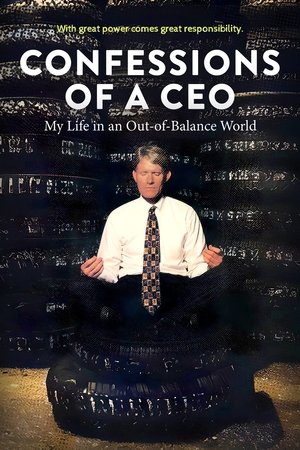 0.0
0.0Confessions of a CEO: My Life in an Out-of-Balance World(en)
A bare-knuckled critique of corporate America told through the powerful true story of a toxic CEO who evolves from a profits-over-people, philandering executive to an unorthodox leader, populist messenger, and mentor to American influencers. It’s a story of growth, redemption and the impact of self-awareness on leadership and life.
 8.0
8.0AI's sacrifices(fr)
Magical, autonomous, all-powerful… Artificial intelligences feed our dreams as well as our nightmares. But while tech giants promise the advent of a new humanity, the reality of their production remains totally hidden. While data centers are concreting landscapes and drying up rivers, millions of workers around the world are preparing the billions of data that will feed the voracious algorithms of Big Tech, at the cost of their mental and emotional health. They are hidden in the belly of AI. Could they be the collateral damage of the ideology of “Longtermism” that has been brewing in Silicon Valley for several years?
 0.0
0.0Exergo(eu)
Departing from peripheral details of some paintings of the Bilbao Fine Arts Museum, a female narrator unravels several stories related to the economic, social and psychological conditions of past and current artists.
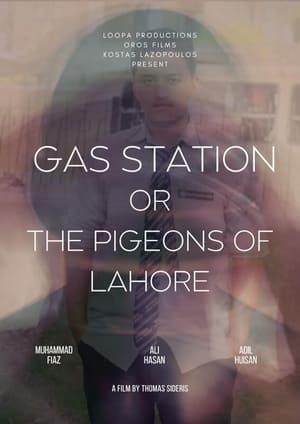 0.0
0.0The Pigeons of Lahore(ur)
The parallel stories of four Pakistani immigrants in Greece become the trigger for the director to explore the story of his father, a worker in the Perama Shipyard. The background unfolds a most deadly shipwreck, Libyan immigrants found in limbo, as well as a (possibly racist) crime, which was committed during the shooting of this film.
 0.0
0.0These were the reasons(en)
This film takes us into the harsh realm of BC's early coal mines, canneries, and lumber camps; where primitve conditions and speed-ups often cost lives. Then, the film moves through the unemployed' struggles of the '30s, post WWII equity campaigns, and into more recent public sector strikes over union rights.
 0.0
0.0Pouvoir Oublier(fr)
Pouvoir Oublier is a political documentary first constructed from the words of the speakers whose lives changed on the tragic day of May 10, 1972 in Sept-Îles. Their word will be juxtaposed with archival material from the events, some of which are unpublished, which will reflect the collective euphoria in which Sept-Îles and all of Quebec were then bathed.
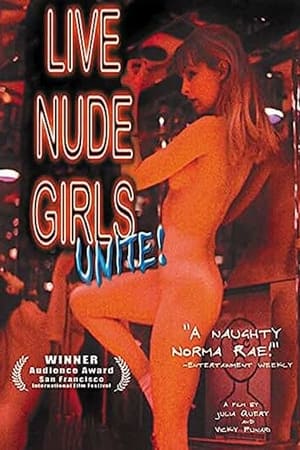 4.5
4.5Live Nude Girls Unite!(en)
Documentary look at the 1996-97 effort of the dancers and support staff at a San Francisco peep show, The Lusty Lady, to unionize. Angered by arbitrary and race-based wage policies, customers' surreptitious video cameras, and no paid sick days or holidays, the dancers get help from the Service Employees International local and enter protracted bargaining with the union-busting law firm that management hires. We see the women work, sort out their demands, and go through the difficulties of bargaining. The narrator is Julia Query, a dancer and stand-up comedian who is reluctant to tell her mother, a physician who works with prostitutes, that she strips.
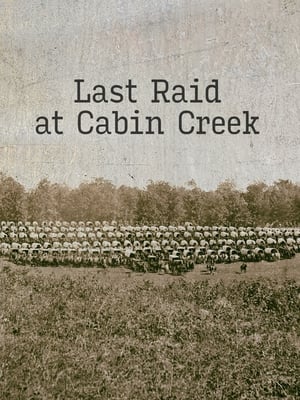 0.0
0.0Last Raid at Cabin Creek: An Untold Story of the American Civil War(en)
This award-winning documentary tells the true story of the final Confederate raid into what is now northeastern Oklahoma. The raid culminated in the capture of more than 300 Federal supply wagons at Cabin Creek in the Cherokee Nation. Now streaming on TUBI, PRIME VIDEO, TRUETVPLUS, and HISTORYFIX.
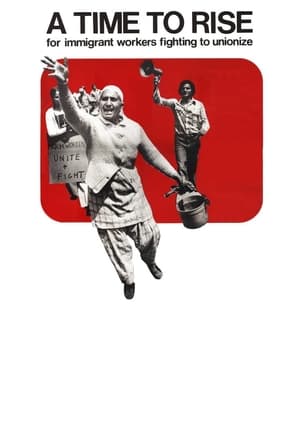 0.0
0.0A Time To Rise(en)
On April 6, 1980, the Canadian Farmworkers Union came into existence. This film documents the conditions among Chinese and East Indian immigrant workers in British Columbia that provoked the formation of the union, and the response of growers and labor contractors to the threat of unionization. Made over a period of two years, the film is eloquent testimony to the progress of the workers’ movement from the first stirrings of militancy to the energetic canvassing of union members.
 0.0
0.0INTERVENTIONS AND INTERFERENCES(en)
Through a collage of spaces and times, the interventions and interferences of nature and human beings in the south of Brazil reveals themselves... or try to hide.
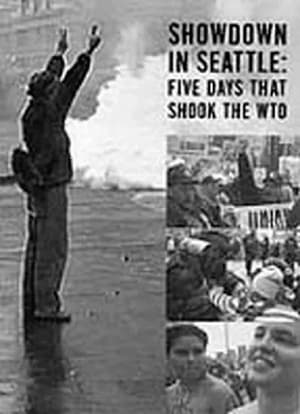 0.0
0.0Showdown in Seattle: Five Days That Shook the WTO(en)
1999 documentary film, first broadcast in daily half-hour installments, about the November 1999 protests against the Ministerial Conference of the World Trade Organization (WTO) in Seattle, Washington.
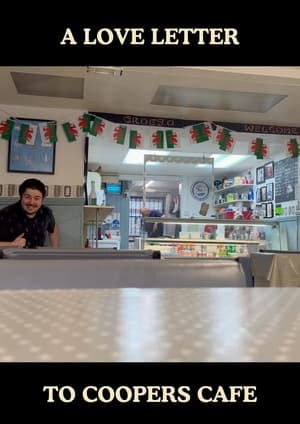 10.0
10.0A Love Letter to Coopers Cafe(en)
During the summer of 2023, my father decided to hang up the boots and walk away from the family business of 25 years. This is my love letter to the cafe in which my family and I have worked, encapsulating the good vibes and cheery nature the business held for a quarter of a century.
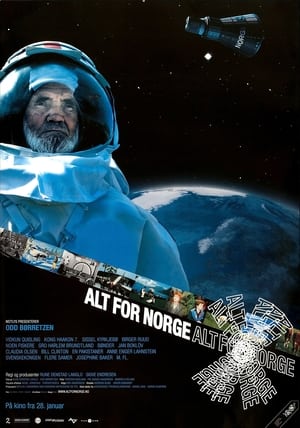 5.5
5.5Alt for Norge(en)
This is a humouristic viewpoint upon Norways history the last 100 years - Since the end of the union with Sweden in 1905. A Guide through Norways history the last 100 years.
